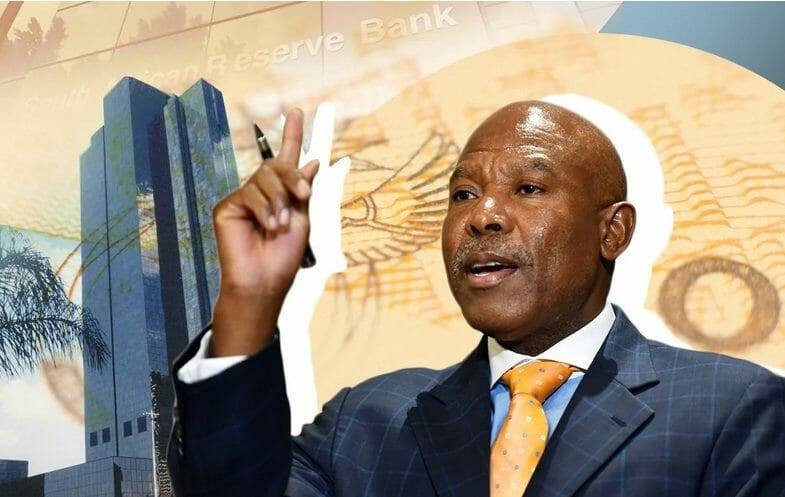General
The Reserve Bank prepares for grid collapse
South Africa’s central bank is working on a contingency plan to ensure the country’s payments system remains in operation in the event the nation’s electricity grid collapses, reported Bloomberg.
The South African Reserve Bank and other financial markets regulators, including the operator of the Johannesburg Stock Exchange (JSE), are working on the strategy to ensure the orderly closing and reopening of markets, Deputy Governor Kuben Naidoo said on Monday.
“All of that work is ongoing, and we are working quite closely with the telecommunications sector, with diesel suppliers, the banks’ payments industry, and retailers to ensure that we can gradually raise the financial sector’s resilience,” he said in Johannesburg on Monday.
Concerns over reliable power supply in the country have heightened as Eskom warned it would have to intensify rolling blackouts over the winter months to protect the grid from complete collapse.
South Africa is experiencing unprecedented levels of load shedding in 2023, and the power utility has struggled to meet electricity demand leaving the nation in darkness for as many as 12 hours a day.
In fact, the electricity load shed this year has just surpassed the entire total for 2022.
According to the SARB’s latest stability review, looking over the past couple of years, load shedding quintupled (4.7x times) between 2021 and 2022 when measured in Gigawatt hours, and the Gigawatt hours load shed in 2022 was 11 679 GWh in total.
So far in 2023, as of 21 May, we have experienced approximately 13 000 GWh that has been shed, confirming that the first five months of 2023 have seen more GWh shed than in the whole of 2022.
While a total system collapse is unlikely to occur, it is not impossible, Naidoo said. He said that the financial sector is doing all it can to try and prevent chaos, prevent panic, and enhance the system’s resilience.
“If you had asked me a month ago, I would have probably said that in the event of a complete grid shutdown, there would be almost no transactions,” Naidoo said. “Thanks to technology and some planning, we may be able to run some transactions, and we may be able to have some functionality in the system, even if it is for a short period.”
Credit to: @BusinessTech


